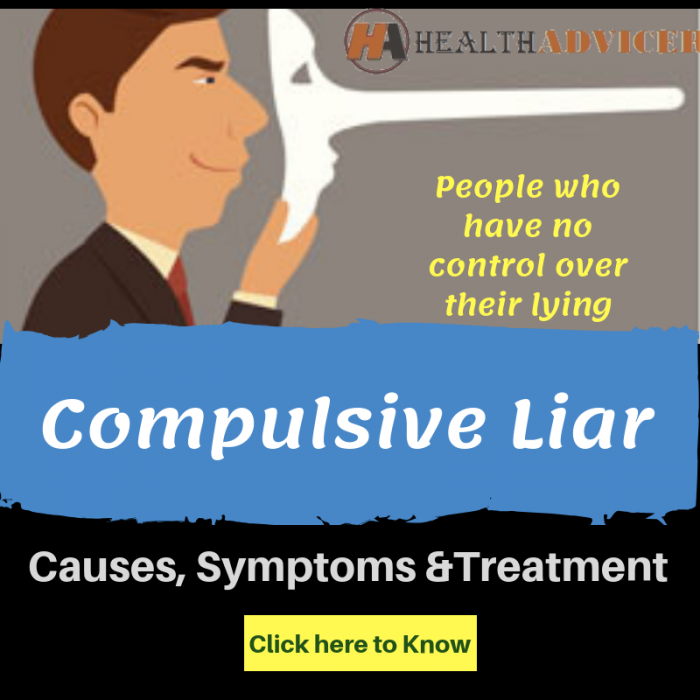
We hypothesize that there are perinatal psychological tools that might help to identify the prevalence of tokophobia and determine the risk factors to develop it. The purpose of this study was to examine the perinatal psychological construct, to identify the prevalence of and to determine the risk factors for developing fear of childbirth. In addition, a socio-cultural context exists that influences perception and expression of fear of childbirth suggesting a social and personal background. Some women described themselves as lonely or with a low self-esteem. The etiology of tokophobia is multifactorial and can be associated with different combinations of predisposing factors such as susceptibility to anxiety or depression, , and other psychiatric disorders, well-being in interpersonal relationships, , experience of sexual abuse and traumatic experience of former birth. It seems that some women are more susceptible to fear of childbirth than others. Studies have shown that fear of childbirth has a significant impact on delivery outcome, resulting in a dramatic increase of cesarean births, ,,. Pathological “disabling” fear of childbirth is felt in about 6%–10% of the pregnant women, ,,. An Australian study found that 48% of women reported moderate tokophobia and 26% exhibited strong fear of childbirth. The prevalence of tokophobia in Western countries is over 20%,. Fear of childbirth interfering with the woman’s daily functioning is a severe form of tokophobia and referred to as a pathological fear.

The data may help identifying women at risk that require prenatal psychological intervention.įear of childbirth, also known as tokophobia or maieusiophobia, has been defined as a psychological disorder which ranges from insignificant to extreme fear of childbirth, , affecting women from childhood to old age. The results draw attention to the need for early detection and treatment of fear of childbirth. An association exists between a preferred elective cesarean birth and tokophobia. The most significant was the fear of having an episiotomy followed by fear of having no control on the situation and fear of pain. Pathological fear occurred in 1.6% of the participants. As many as 75% of the participants reported low to moderate tokophobia, whereas 25% exhibited high or very high fear of childbirth. Most (90%) of the responders were nulliparous. Participants were approached when attending Parenting and Childbirth Classes between June 2014 and September 2014 and were asked to complete several questionnaires related to depression (CES-D), anxiety (STAI X1 and X2), satisfaction with life (SWLS), delivery expectation/experience (W-DEQ), and specific fears. We evaluated 191 pregnant women during Parenting and Childbirth Classes.


To identify the prevalence of and to determine the risk factors for developing a fear of childbirth (tokophobia).


 0 kommentar(er)
0 kommentar(er)
